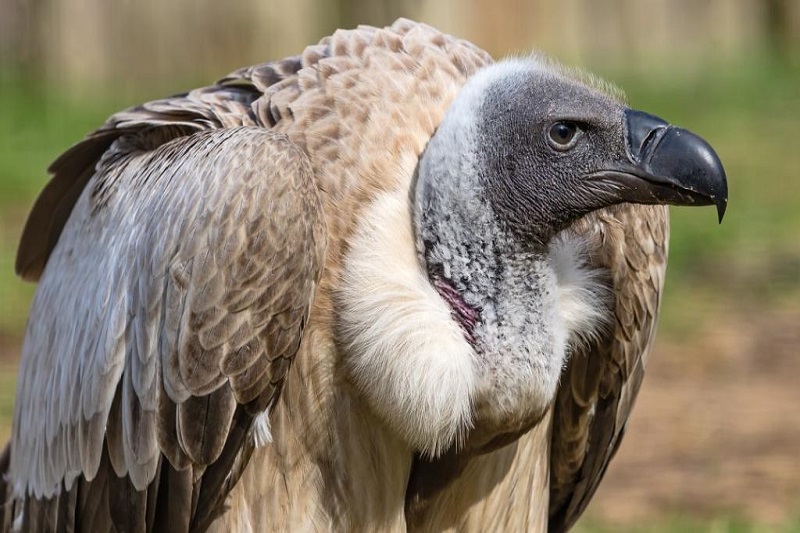In Zambia’s Kafue National Park, lion and leopard populations are slowly recovering thanks to expanded protection strategies, including an innovative vulture early-warning system.
The vulture surveillance system, developed by conservation groups in collaboration with Africa Parks and Zambia’s Department of National Parks and Wildlife, involves tagging white-backed and hooded vultures with satellite trackers.
These trackers allow wildlife managers to quickly detect and respond to poached or poisoned carcasses.
The vulture surveillance system is crucial because in many parts of Africa, livestock owners resort to poisoning cow carcasses to eliminate predators, such as lions.
However, this practice also harms vultures, whose populations have significantly declined over the years.
The critically endangered white-backed vultures, in particular, have seen their numbers decline by more than 90% across West Africa due to poisoning.
When poisoned carcasses are left unattended, large numbers of vultures can be affected, leading to further declines in their population.
Related Posts
By tagging vultures with satellite trackers, conservationists can monitor their movements and identify potential poisoning incidents.
Since 2021, 19 vultures have been tagged in Zambia, allowing researchers to track their flights and behavior.
Already, the tagged vultures have helped uncover two suspected poisoning incidents near Kafue National Park, enabling park staff to dispose of the poisoned carcasses and investigate the perpetrators.
This not only saves the vultures but also protects the big cats that would otherwise feed on the poisoned prey.
The vulture surveillance system has proven to be a valuable tool in combating wildlife poisoning and aiding conservation efforts.
It provides a bird’s eye view of potential threats, allowing for swift action to protect both vultures and other vulnerable species.
The system helps address the silent killer that is poisoning, which often goes unnoticed without such monitoring measures in place.
The success of the vulture surveillance system is a positive sign for the conservation of Kafue National Park’s wildlife.
As poaching has significantly impacted the park’s big cat populations, the stability and modest increase in lion and leopard densities from 2018 to 2022, as indicated in a recent report by Panthera, offer hope for their recovery.
The vulture surveillance system, alongside other protection strategies and anti-poaching efforts, plays a crucial role in safeguarding the park’s biodiversity and promoting its long-term conservation.

